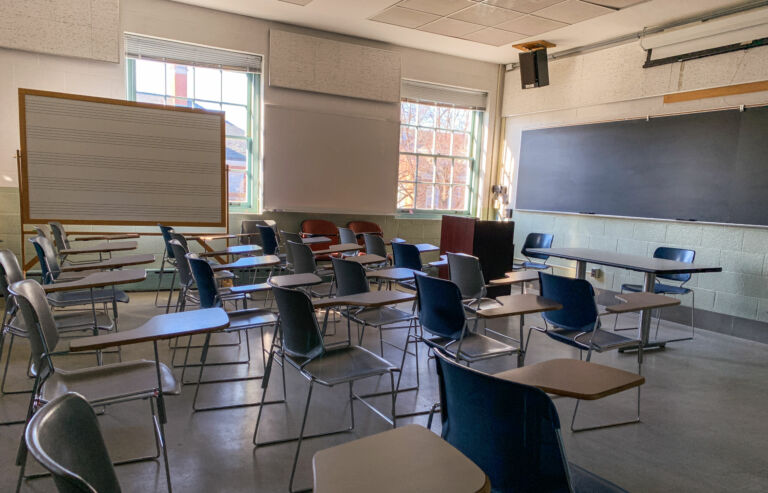Christopher Jacobs of the Federalist explores a long-term negative consequence of the COVID-19 pandemic.
Over the past few years, numerous studies have chronicled the ways in which millions of American students suffered massive learning losses during the pandemic. But other evidence also suggests losses have come outside the classroom as well, in ways that have damaged economic growth and productivity.
A recent story in The Wall Street Journal highlighted the ways in which knowledge losses and the disappearance of certain “soft skills” during the post-pandemic years have harmed the economy, creating qualification gaps that employers have struggled to fill. It’s the latest data point indicating that shutting down an entire economy and encouraging people to stay at home and take Zoom classes for months on end wasn’t the best way to create a motivated and well-educated workforce.
The Journal article provides myriad examples from across the economy of how skills shortfalls present “one reason why professional service jobs are going unfilled and goods aren’t making it to market. It also helps explain why national productivity has fallen for the past five quarters, the longest contraction since at least 1948”:
*Since the start of the pandemic, “the pass rates on national certifications and assessment exams taken by engineers, office workers, soldiers, and nurses have all fallen.” For instance, on one fundamentals of engineering certification exam, scores fell by 10 percent, with the largest declines coming in areas of specialized knowledge individuals will need to work as successful engineers.
*A religion professor who had to pare back his curriculum to focus on the basics observed that “reading, writing, and critical-thinking skills are not the same as they were in the past.”
*Scores on entrance exams for nursing schools have fallen 5 percentage points from pre-pandemic levels, limiting the ability of health care providers to fill staffing shortages they have suffered since Covid.


